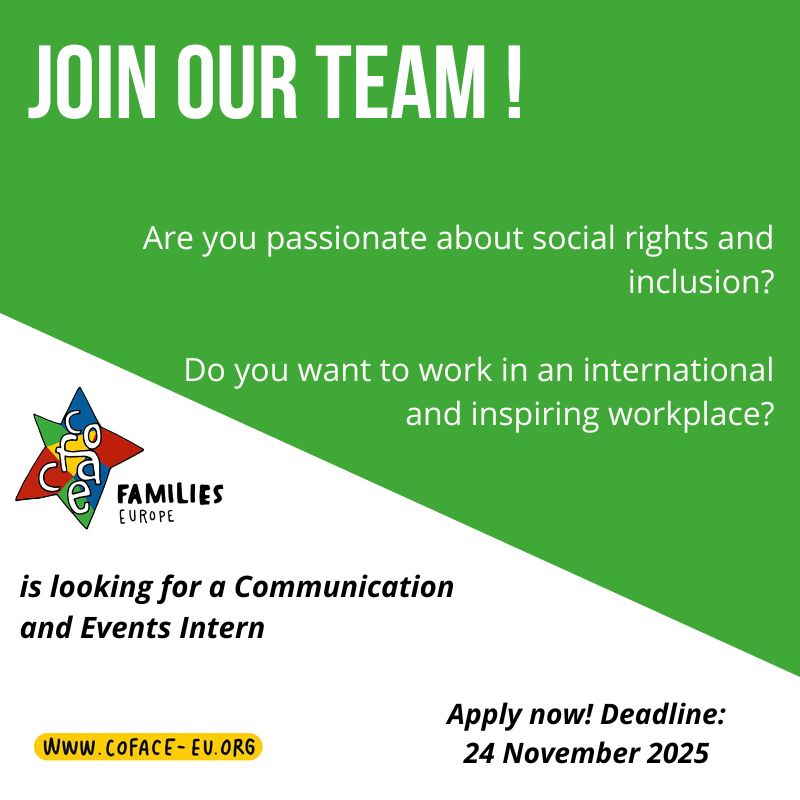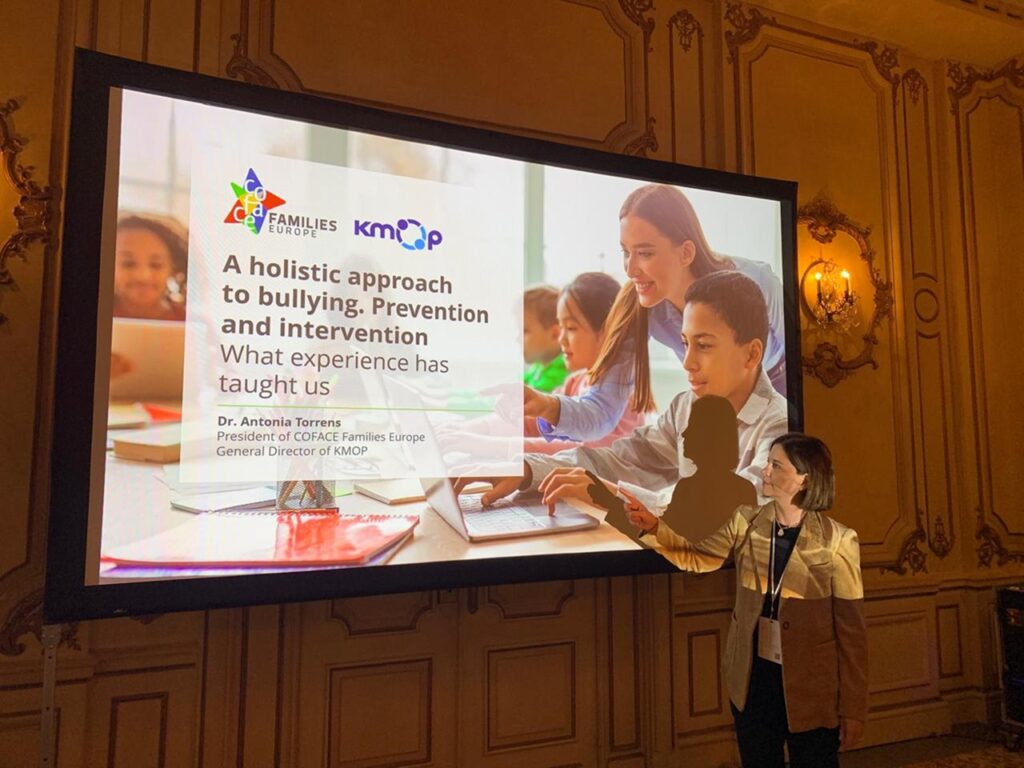Digital parenting is first and foremost parenting. It involves guiding children to use technology safely and wisely, understanding their online activities, setting boundaries together with children and teaching them to be responsible in a positive and beneficial way. It also includes informing parents themselves about digital technology and providing them with the tools and resources they need to support children when facing risks and teaching them how to enhance their creativity, all while having fun.
As children get excited about new things that they discover, chat with their friends, watch videos and spend time playing online, some parents are worried and complain about the unreasonable amount of time children spend in front of a screen, doing what according to them is a useless, time-consuming, and unattractive activity.
This very common situation is actually nothing more than the translation of the very different perspectives adults and youth have about the digital environment, if not even life in general.
As psychologist Arnaud Zarbo stated at the ESOI final conference in Brussels early June 2023, when humans grow up and enter adulthood, they become more concerned by the notions of control, utility and time. In a fast-consuming world, these concepts rule our lives. Utility has become the only value to judge whether something is worth the effort: as long as it produces benefit and a practical outcome, it is something you should do. As adults we learn that time flies and that it is precious, so it would be better not to waste it with “unproductive” activities. Adults seek control in their overall life to feel powerful, reassured and able to master all situations by reducing the margin of mistake to a minimum.
On the other side, children and teenagers value discovery, fun and live in the present moment. They are attracted by the world that surrounds them and could spend hours discovering new things, objects or nature. Children want to have fun and play, without knowing or fully understanding the concept of time and utility. It is not important how long it takes and how useful it is to make a puzzle, as far as it is funny, enjoyable and entertaining.
This insight helps to understand and explain the gap between parents’ and children’s needs, as it applies to both the online and offline world.
In the last decade, parents have raised concerns related to the digital media use of their children and the online world: on the one side, adults believe they are incapable of controlling the digital life of their children, they feel unable to properly accompany and educate their children online and powerless to respond to risky behaviors and online challenges. On the other side, children are enjoying the new technologies and digital media, they use it to play, to stay in touch with peers, to explore, to experiment, to exercise self-determination and as a complement to their offline life.
To bridge the digital gap between worried parents and happy youth online, the European SafeOnline Initiative (ESOI), following the successful Flemish Veilig Online programme, developed a set of training programmes for caregivers. The training programme informs them about children’s digital media use, empowers them to educate children online and provides them with useful tools to prevent and respond to any risky behaviour. In the past three years, the training programme has been adopted and localised by Greece, Cyprus, Romania, Bulgaria and French-speaking Belgium.
By promoting dialogue within families and stimulating parents’ interest towards children’s digital practices, ESOI aims at increasing media literacy levels within families and at building trust between caregivers and children. This will empower both to handle online challenges, such as cyberbullying or non-consensual sexting.
While parents need to be reassured and empowered in their digital parenting practice, it is important to not put the weight and burden of digital education solely on their shoulders; the cooperation of industry, governments and social sector is crucial.
A cross-cutting and holistic digital approach should be adopted when developing or reforming policies, to ensure that all families have equal and adequate access to digital tools and competencies to use them.
With about 5000 parents reached since September 2022 in five countries across Europe, the European SafeOnline Initiative is one of the answers to fill the digital gap between adults and youth. ESOI strengthens and encourages social rather than technical skills, it promotes dialogue and a peer-to-peer approach to empower and reassure parents in their digital parenting. It promotes a positive, family-centered and inclusive vision acknowledging that a fit for all solution cannot exist, and that each family will learn and apply the solution that best respond to their needs.
Interested in developing and adopt the same programme in your country?
You can download the: European SafeOnline Prototype: a toolkit to implement the SafeOnline Initiative in different national contexts.
About the Author
Paola Rando holds a Master Degree in European Studies from the University of Geneva with a specialization in European law, institutions and society. She has a strong interest in the rights of the child and has been working on the topic since 2019. In 2021, Paola joined Child Focus, the Belgian foundation for missing and sexually exploited children. As European project manager, she is the coordinator of the Belgian Safer Internet Center, which create initiatives to raise awareness of the use of digital media by children and whose aim is to support professionals and educators in accompanying children online. Paola is also the coordinator of the European SafeOnline Initiative.
**DISCLAIMER: All opinions in this article reflect the views of the author, not of COFACE Families Europe**
Photo: ©Copyright Layla Aerts





